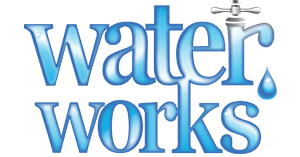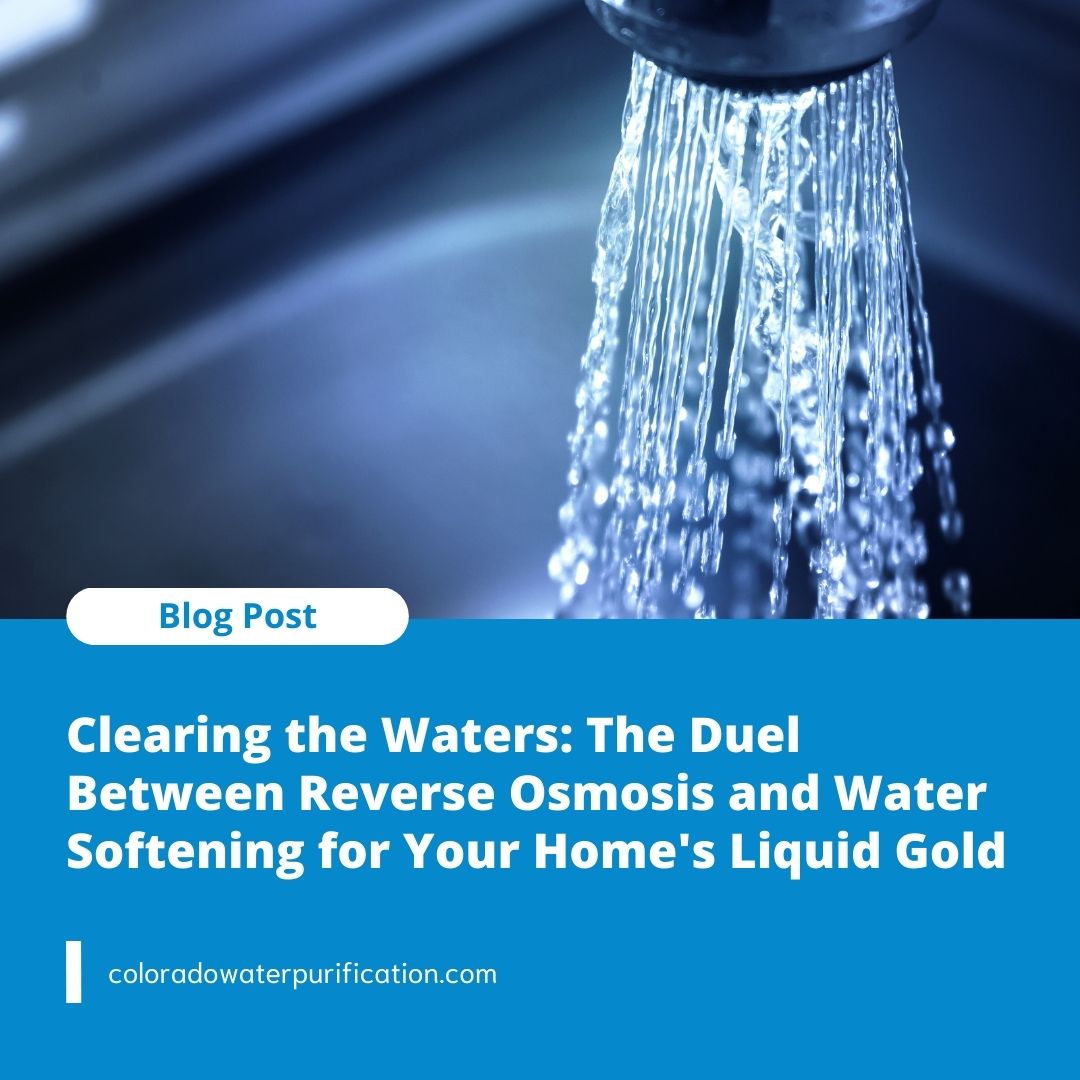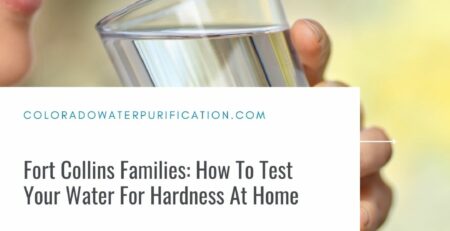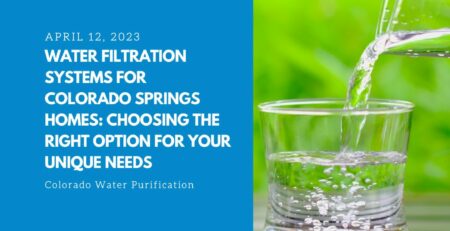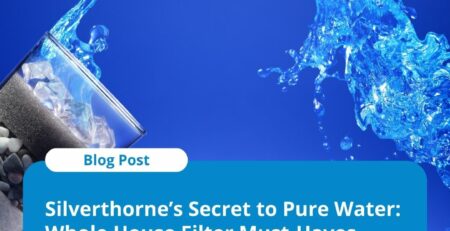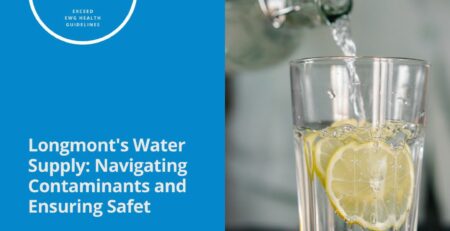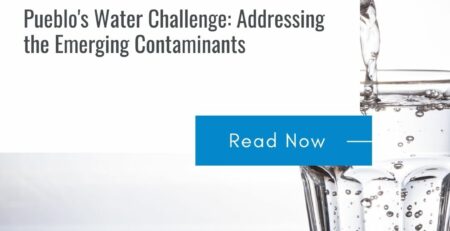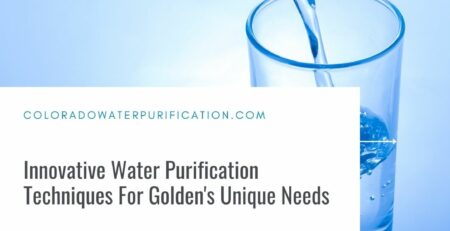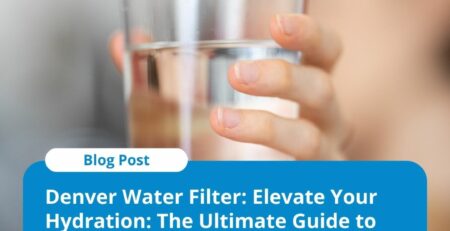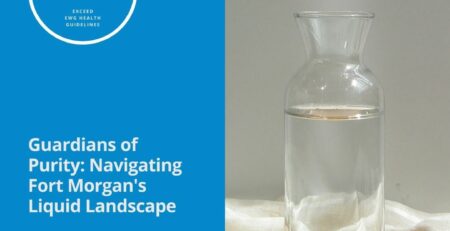Clearing the Waters: The Duel Between Reverse Osmosis and Water Softening for Your Home’s Liquid Gold
If there’s one thing every Colorado home owner needs to be mindful of, it’s having a steady supply of clean and soft water. It provides the perfect base for all aspects of your daily life, from taking an invigorating shower to drinking water that tastes refreshingly crisp. But how do you get it? Sure, plenty of local stores stock gallons by the dozen, but those who don’t want to invest in buying every drop need look no further than their faucets! While this sounds simple enough, many homeowners find themselves at a crossroads when choosing between reverse osmosis and water softening systems. To help break down the debate regarding these two liquid gold solutions so you can understand which is best for your individualized needs – read on!
Understanding the Difference Between Water Softening and Reverse Osmosis
Water treatment can be tricky to navigate, but understanding the difference between water softening and reverse osmosis is a great place to start. Water softening is a process that removes hard minerals like calcium and magnesium from water, which can prevent damage to pipes and appliances and improve the taste and feel of water. On the other hand, reverse osmosis uses a semi-permeable membrane and pressure to remove contaminants like bacteria, viruses, and chemicals from water, resulting in clean and safe drinking water. While both processes have their benefits, it’s important to understand which one is best suited for your individual needs. By educating yourself on the various methods of water treatment, you’ll be better equipped to make informed decisions for you and your family’s health and well-being.
Advantages of Water Softening
Do you often feel like your water just doesn’t clean as well as it should? Or maybe you notice a buildup of white, chalky residue in your shower or sink? If so, it might be time to consider water softening. Not only does water softening help with these common household issues, but it can also save you money in the long run. Softened water generally requires less detergent and soap to achieve the same level of cleanliness, so you’ll be buying fewer products and reducing your environmental impact. Plus, soft water is gentler on skin and hair, leaving you feeling fresh and clean all day long. So why not make the switch to softened water? Your home and your body will thank you.
Disadvantages of Water Softening
Are you considering installing a water softener in your home? While it may seem like a wise investment, it’s important to also consider the drawbacks that come with it. One major disadvantage of water softening is the impact it has on the environment. The regeneration process used to soften the water requires a significant amount of salt and water, which in turn creates a brine solution that can harm aquatic life if not properly disposed of. Additionally, some people may experience skin irritation or allergic reactions to the increased sodium levels in their water. It’s important to weigh the potential benefits and drawbacks before committing to a water softener for your home.
Advantages of Reverse Osmosis
Reverse osmosis provides numerous benefits to those who use it as their primary filtration method. One of the main advantages is that it removes impurities and contaminants that may be found in tap water and ground water. The membrane used in reverse osmosis filters is highly effective at trapping and removing pollutants, including bacteria, viruses and chemicals. This means that the water is not only cleaner, but also better tasting. Additionally, reverse osmosis is cost-effective in the long run, as it eliminates the need for bottled water and reduces the frequency of expensive plumbing repairs. Overall, reverse osmosis offers a reliable and efficient solution for those who want to improve the quality of their water.
Disadvantages of Reverse Osmosis
Although reverse osmosis has its benefits in terms of filtering out impurities in water, it also comes with its own set of disadvantages. One major drawback is that it wastes a large amount of water during the filtration process, as only a fraction of the water that enters the system is actually purified. Additionally, reverse osmosis systems tend to be quite expensive and can require frequent maintenance. Another disadvantage is that the filtered water may be stripped of essential minerals, leaving it with a bland taste that consumers may find unpalatable. Despite these drawbacks, however, reverse osmosis remains a popular choice for those seeking high-quality water filtration.
Making the Right Choice for Your Home’s Liquid Gold – Pros and Cons Comparison
Choosing the right liquid gold for your home can be a daunting task. With so many options available, it can be hard to know where to start. That’s why we’ve put together a pros and cons comparison to help make the decision easier for you. We’ll examine the benefits and drawbacks of each option so that you can make an informed choice. Whether you’re looking for something affordable, eco-friendly, or simply the most effective, this guide will provide useful information on liquid gold to make sure that you make the right decision for your home.
Benefits of Installing a Whole-House System
If you’re looking to improve the quality of your home’s water, installing a whole-house system is a smart choice. Not only will it provide cleaner drinking water, but it can also remove harsh chemicals and minerals that can damage your appliances and pipes over time. Plus, you’ll have peace of mind knowing that all the water throughout your home is filtered and safe for use. With a whole-house system, you’ll also be doing your part for the environment by reducing the amount of plastic waste generated by bottled water. So why settle for subpar water quality when you can have the benefits of a whole-house system?
As you can see, when it comes to maintaining the quality of your home’s water supply, both water softening and reverse osmosis have their advantages and disadvantages. The best choice for your own home depends on a variety of factors that are unique to your individual situation. If you need help deciding which system will provide you with the best options for your needs, contact a local plumbing professional who can evaluate and discuss all of your possibilities. Additionally, consider installing a whole-house system in order to maximize the benefits of whichever option you choose. In the end, though any water issue may present an initial challenge, ensuring clean and safe drinking water is always worth the effort.
